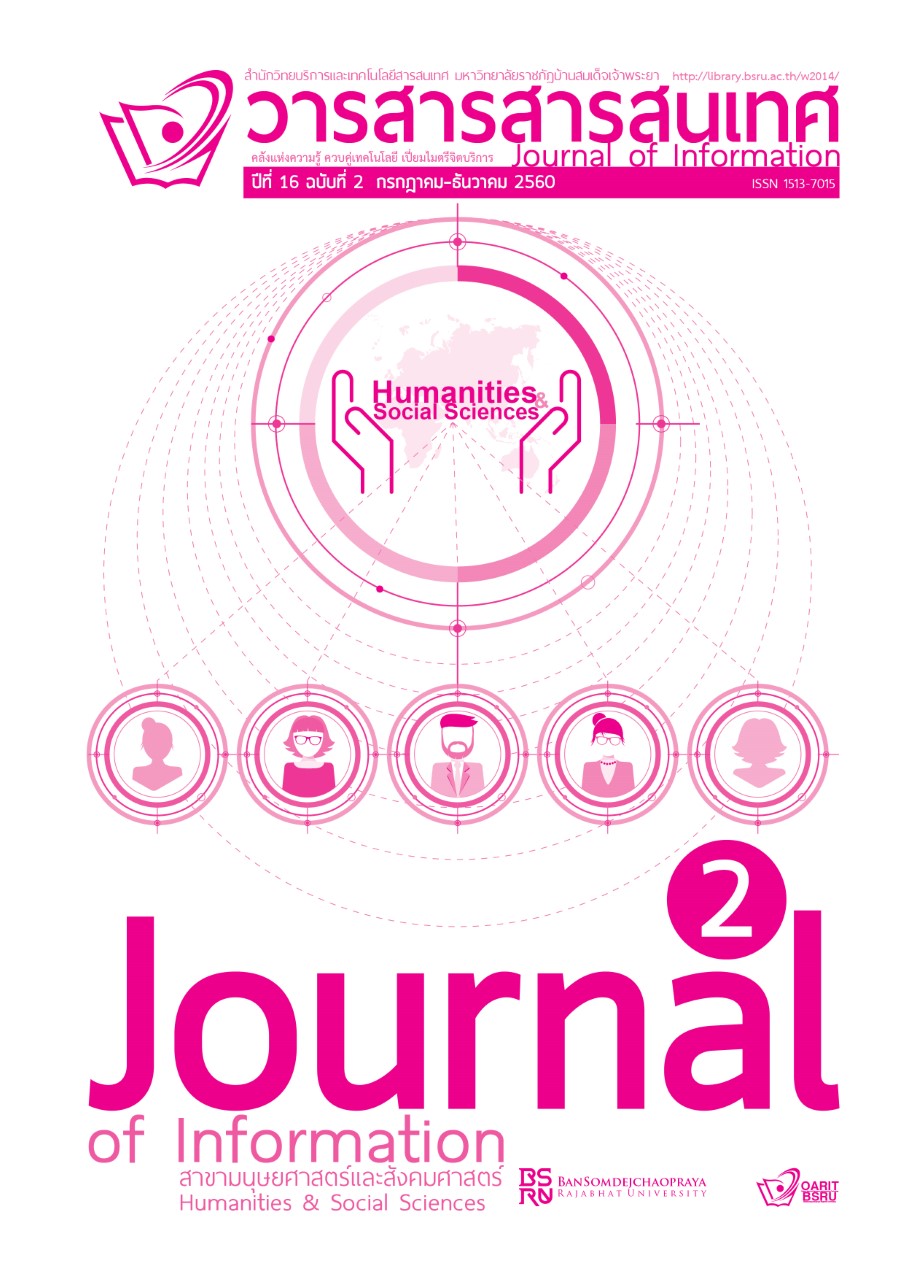The Selection and Implementation of Teacher Professional Development: Coaching and Mentoring in Teaching Approaches (SAIFON Model)
Keywords:
Teacher Professional Development, Coaching and Mentoring, SAIFON modelAbstract
This academic article highlights the significance of coaching and mentoring and the role Thai EFL teachers play in the process of developing their skills useful to teaching English language for Thai EFL students in higher education level. In most cases in Thai context, the teachers lack efforts to establish the implementation of coaching and mentoring process in teaching (Wichitputcharaporn, & Niyamapa, 2016). This is being reflected in the poor performances and learning ability of the students schools (Devine, Houssemand, & Meyers, 2013). Coaching and Mentoring is an effective approach in developing skills of individuals to achieve success to the fullest and later on pass on their learnings to others (OBEC,2013). Unsurprisingly, today it is so evident that coaching and mentoring are considered by many educators as just but some of the most effective ways to strengthen the professional development of teachers. In line with this realization, this particular article aims to discuss prime descriptive information on coaching and mentoring, e.g., definition, differences, commonalities, and of course, their relation to each other. With regard to this, there are six coaching and mentoring in teaching approaches selected for teachers’ professional development: 1) peer coaching approach, 2) appreciative practice approach, 3) team coaching approach, and 4) instructional coaching approach, by implementation with the author’s synthesised model from the six approaches, entitled the SAIFON’s model consisting of six processes : Surveying teacher’s needs, Associating with a plan, Instructing teaching strategies, Feedback to teaching demonstration, Observing teaching in the real context, and Notifying problems and Solutions.
Downloads
Published
How to Cite
Issue
Section
License
บทความ ข้อความ ภาพประกอบ และตารางประกอบที่ลงพิมพ์ในวารสารเป็นความคิดเห็นส่วนตัวของผู้นิพนธ์ กองบรรณาธิการไม่จำเป็นต้องเห็นตามเสมอไป และไม่มีส่วนรับผิดชอบใดๆ ถือเป็นความรับผิดชอบของผู้นิพนธ์เพียงผู้เดียว






